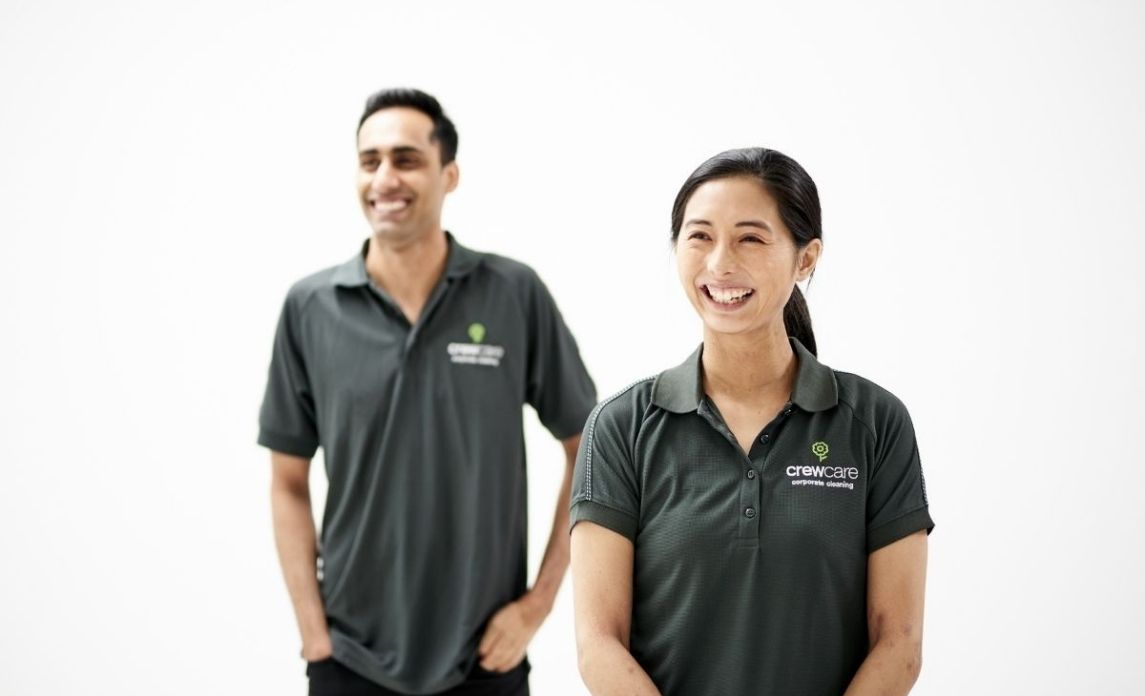Commercial cleaners, simply put, are individuals or companies that clean commercial or business establishments. These include offices, schools, restaurants, hotels, and even hospitals.
However, commercial cleaners don’t just clean in the strictest sense of the word. Their job is more than just the usual household cleaning performed on a larger space and scale. In fact, a commercial cleaner has quite a long to-do list. Here are just some of the tasks involved:
General Commercial Cleaning
The core of a commercial cleaner’s job is, of course, cleaning. In general, this involves the following:
- Vacuuming and mopping floors
- Dusting and buffing furniture
- Cleaning under furniture and appliances
- Removing cobwebs
- Spot-cleaning of walls, doors, and similar surfaces
- Wiping door handles, handrails, and other high-touch areas
- Cleaning and scrubbing toilets
- Cleaning and sanitising lunchrooms and kitchens
- Emptying trash bins and removing recycling
- Cleaning external premises
Depending on the establishment, a commercial cleaner may also perform other tasks. For example, restaurants have kitchens and dining areas that require more thorough cleaning and even degreasing at times. Meanwhile, schools need extra attention in the bathroom and cafeteria.
Window or glass cleaning is also part of the services provided by commercial cleaners, particularly for restaurants and offices with large windows, glass doors, and similar features.
Floor Cleaning and Carpet Cleaning
Vacuuming and mopping floors were already mentioned in the previous section. However, there are certain types of flooring materials that require special care. For example, stone, ceramic, and concrete floors can get easily damaged if the wrong types of cleaners are used. Meanwhile, hardwood floors are susceptible to water damage and can also be ruined by soap-based and steam cleaners.
When it comes to carpet, some are easier to clean than others. Those with shorter naps, in particular, are less of a hassle to maintain. However, all kinds of carpets require regular deep-cleaning. There are also carpets and rugs made from wool and other delicate materials that need special cleaners and procedures.
Commercial cleaners have the right equipment and experience to safely and efficiently clean any kind of floor. Just remember to tell them the material used and if there are certain finishes or coatings (e.g., if the concrete is sealed or if the tiles are glazed). As a final step, commercial cleaners will polish floors that need polishing.
Sanitising
Commercial cleaners don’t just keep business establishments free from dirt and grime, they also ensure that everything is sanitised. With the help of safe and EPA-approved chemicals and disinfectants, commercial cleaners maintain high standards of sanitation. This is particularly important in schools and restaurants, as well as during health crises like disease outbreaks.
Aside from preventing the spread of disease, sanitisation also keeps enclosed spaces from smelling musty. There are also areas that need more frequent sanitisation, such as restrooms and kitchens, which commercial cleaners can keep in good condition.
Deep Cleaning
Sometimes, the usual sanitation procedures are not enough to kill viruses and germs. In this case, some deep-cleaning may be needed. This kind of service has become particularly important, not to mention popular, nowadays due to the COVID-19 pandemic.
Do note that different commercial establishments may have different deep-cleaning requirements. For example, healthcare facilities need a more frequent schedule and a higher level of deep-cleaning and infection control compared to offices. However, if someone in the premises has contracted a highly contagious disease, then an intensive deep-cleaning is recommended.
Restocking Supplies
Many commercial cleaners also include inspection and replenishment of cleaning and hygiene supplies in their service packages. This takes a burden off the shoulders of office managers, since they don’t have to worry when they should reorder the needed products.
Some of the particular supplies that commercial cleaners monitor include toilet paper products, hand soaps, and feminine hygiene products in the bathroom. If there’s a kitchen or dining area in the premises, commercial cleaners also take note of the stock of paper towels, dish soap, and trash bags.
Removing Graffiti
Not all commercial cleaners offer graffiti removal services. However, those who do often use chemicals or high-pressure jets of water to remove the paint. Sometimes, hard-bristled brushes can also be used to scrub non-delicate surfaces.
Some business owners opt to paint over the graffiti instead of hiring commercial cleaners to do the job. However, while initially effective, painting over the wall creates multiple layers that eventually peel over time. Thus, it’s not an effective long-term strategy.
Taking Note of Problem Areas
Commercial cleaners have to be thorough in order to do their jobs properly. As such, they can easily spot problems such as damaged furniture, stained carpets, or even pest infestations. All of these are reported to the person in charge (usually a manager or the business owner) so that they can be addressed on time.
As you can see, commercial cleaners do more than just keep dirt, dust, and grime away from business premises. They also contribute to the overall upkeep of a workplace, not to mention help keep people healthy.
If you haven’t yet considered hiring commercial cleaners for your workplace, then perhaps this list will convince you to do so. Considering all the things they do, you’re certainly getting more value than what you pay for.


